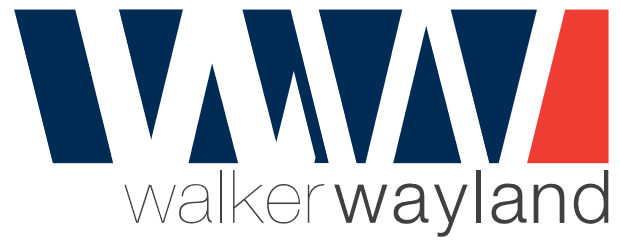The Australian Government has announced the introduction of a new visa to assist in this difficult time where the COVID-19 pandemic continues to affect all aspects of life particularly in relation to immigration and for visa holders.
The new Subclass 408 Visa allows foreign nationals who have temporary resident status to stay in Australia during the COVID-19 situation due to major disruptions to border restrictions and access in and out of the country.
The main requirements of this visa are:
- The person is physically in Australia;
- Will assist with addressing workforce shortages in areas such as agriculture, aged care and public health; and
- Unable to depart because of the COVID-19 pandemic.
This application should only be made within 28 days or less of the current visa expiring. Fortunately, there is no fee or charge associated with this visa.
Changes to other visas:
Subclass 482 or 457 visas and their working hours
The Department of Home Affairs (DHA) has indicated that sponsored employees will be able to be stood down and not be in breach of their visa conditions.
DHA has also indicated that sponsors will be able to reduce working hours (no limit has been set) without them or visa holders breaching their obligations.
DHA has not provided any recommendation on pay reduction. For now, our recommendation is for sponsors to reduce the working hours and pay proportionately instead of requiring sponsored employees to work full-time at a reduced rate.
Those who have been laid off (i.e. terminated or redundant) will have 60 days to either locate a new sponsor or depart the country.
JobKeeper, JobSeeker and temporary visa holders
It is expected that only Australian citizens, permanent residents and certain New Zealand citizens will be able to access the JobKeeper and JobSeeker payments announced by the Federal government as part of welfare available due to those whose employment has been disrupted. However, Parliament is expected to confirm the scope of those eligible for these payments when the JobKeeper Bill is read on 8 April 2020.
Superannuation payments for temporary visas – e.g. student, working holiday visas
Those on temporary visas have been encouraged by the government to seek the support of family members and rely on savings. The government has also suggested those who have been here for more than 12 months will be able to draw on their superannuation contributions, but this is something individuals should query further with their superannuation provider.
Based on these comments, it is not likely that the JobKeeper and JobSeeker payments will be extended to include temporary visa holders.
Changes to Student visa work hours
On 7 March, the government allowed international students working for major supermarkets to work past their 40 hour a fortnight restriction. However, this restriction is only temporary and will be reintroduced on 1 May.
International students working in the aged care and nursing industries will continue to have unrestricted work rights during this period. This means they are able to assist in these much-needed industries as much as possible without any visa limitations.
Working Holiday Visa holders (WHV) employed in the agriculture, health, disability care, childcare, aged care or supermarket industry
Working Holiday Visa holders are limited to working with an employer for a maximum period of six months. During this pandemic, those employed in the following industries will be exempt from the six-month work limitations:
- Agriculture
- Health
- Aged Care
- Disability
- Childcare
For everyone else, DHA has confirmed that WHV holders are allowed to continue working for the same employer past six months, provided there is a change in location of employment.
References: Hall & Wilcox



